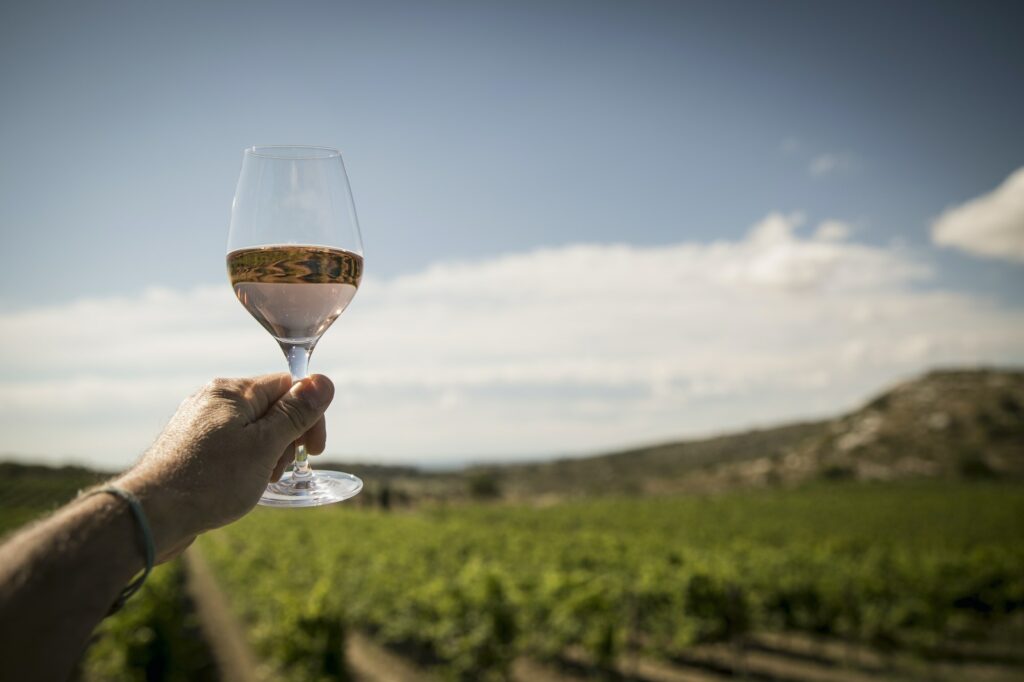Terroir plays an increasingly important role in French winemaking, providing producers with a distinctive edge.
French winemaking is heavily influenced by terroir, a concept unique to the industry that takes into account climate, soil composition and topography when producing wines. Each element plays an integral role in producing wines with distinctive flavor and aroma profiles.
Introduction
A. Definition of Terroir
Terroir is the result of elements combined to shape wine’s character and flavor. These include climate, soil type and topography as well as human intervention. Climate dictates what grape varieties can be grown in a particular region and affects its quality; soil type and topography dictate how well a particular region produces wines with that character.
B. French Winemaking Overview
France is renowned for its premium-quality wines, from Bordeaux and Burgundy to the whites of the Loire Valley. The country boasts some of the world’s premier wine regions such as Champagne and Chateau d’Yquem. French winemaking involves both art and science as winemakers use their expertise of the local environment to craft the ideal blend of grape varieties that creates top-notch beverages.

France’s terroir, so important in winemaking
Terroir Aspects
Climate
The climate of a region is an important factor when determining the quality of wine. It determines what grape varieties can be grown there and ultimately affects taste and aroma. A cooler climate works best for white wines such as Sauvignon Blanc or Chardonnay; conversely, warmer climates tend to favor red wines like Cabernet Sauvignon or Pinot Noir.
Soil
The type of soil in a region has an immense effect on the quality of wine produced there. Soils differ greatly in composition, nutrients they contain and how well they absorb and retain water; some soils are better suited for certain grape varieties while others influence flavor and character of the finished product.
Topography
Topography has an important role in the quality of wine produced there. It can affect soil conditions, sunlight reaching vineyards and water absorption – all factors which affect flavor and character of a given wine.
Influence of Terroir on French Winemaking
Terroir plays a significant role in French winemaking, providing unique characteristics.
Terroir Influences Aroma and Taste
Terroir has a significant impact on wines’ taste and aroma by altering the grape flavors. Soil type, climate, sugar levels, acidity levels and tannin levels all play a role in producing different wines depending on where they originate from; Sancerre from the Loire Valley tends to have lighter fruity notes due to its limestone soil; Bordeaux on the other hand has more tannic tannins from its clay soils.
Quality of the Grapes
Terroir plays an integral role in determining grape quality. Climate, soil and topography all have an effect on how healthy and fragrant the grapes will become when harvested. Pinot Noir grapes typically grow best in cooler climates like Burgundy or the Loire Valley where soil drainage and mild temperatures prevail – this allows the grapes to ripen slowly which results in more complex flavors and aromas when bottled as wine.
Regional Characteristics
Terroir also shapes wine’s regional characteristics. Each region has its own climate, soil and topography which all influence flavor profiles. Bordeaux wines such as Cabernet Sauvignon or Merlot tend to be more tannic due to the region’s clay soil while Rhone Valley varieties like Syrah or Grenache tend to have fruitier characteristics due to warmer temperatures and varied soils found there.
Terroir is an integral element in French winemaking, having a significant impact on taste and aroma. From climate, soil, topography to the quality of grapes grown there; terroir plays an integral role in every step of the production process – giving French wines their unique identity that has earned them worldwide acclaim.
If you’ve liked this article, I have written another one on french wine pairings !
